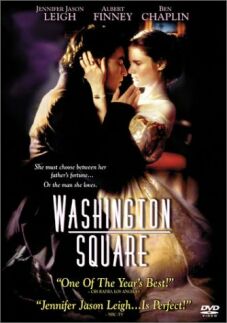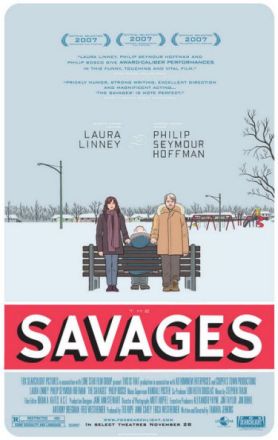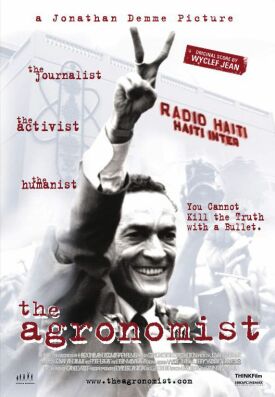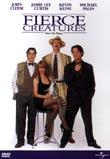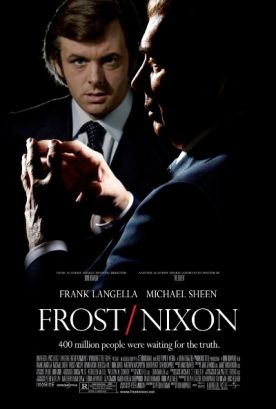Permanent Midnight
Permanent Midnight, written and directed by David Veloz and based on
the autobiographical book by Jerry Stahl is chiefly notable for the performance
of Ben Stiller as Jerry Stahl, the TV writer who became a heroin addict and
then, in recovery, managed to carve out a nice little career for himself as an
ex-addict. Stiller does a fine job of presenting to us the junkie’s desperate,
hopeless love affair with the magic powder and the physical and moral ruin it
produces in him, but, like all movies based on some pathology, it excludes the
kind of sympathy that true art depends on. We are asked both to admire and
loathe Jerry as a hero of the counter-culture, an Argonaut of the senses, but he
cannot escape from his own banality. Here is a man who put himself through hell
in search of nothing but pleasure. Are we supposed to shake our fists at the
heavens because the heroin did to him what he knew it would do to him and what
it does to everyone else foolish or solipsistic enough to try it? Ultimately, he
is nothing but a public service advertisement.
Still, there are some funny moments. Kitty (Maria Bello), the blonde
ex-junkie to whom Jerry tells his story, sardonically observes: “I get it.
You’re the angsty, arty, Hemingway type who sold out to Hollywood, hit the
needle and ended up in rehab.” Jerry is a cliché before he even gets down
to the details. But, like a lot of junkies, he manages to find a certain amount
of humor in his own stupidity, as when he tells Kitty that he moved from New
York to L.A. “get away from drugs.” There, he contracted a marriage of
convenience with Sandra (Elizabeth Hurley), a British producer in need of a
green card, and she gets him his first writing job in TV. “I had to sleep my way
to the middle,” he later tells Kitty.
Amazingly, they stay together for some time and in spite of Jerry’s growing
drug habit. “Did you love her?” asks Kitty?
“Occasionally,” he replies.
“Did she love you?”
“She saw us as a potential Hollywood power couple in the making. It’s kind of
like love.”
He describes his day to Kitty. Get up. Shoot heroin. Eat health food
breakfast. Run five miles. “I was an LA junkie,” he explains. “I had to stay
fit.”
But such “fitness” is really only a redundant illustration of what he later
tells one of the talk show hosts during his rehabilitative phase when he is
asked how he managed to function in a job and a marriage while he was high on
smack all the time. “Everybody in Hollywood is so self-obsessed they don’t
really notice anyone else,” he says.
Dramatically, the movie is a mess—as autobiographical pictures often
are. Janeane Garofalo makes two brief appearances as a prospective agent, but
she really has nothing to do. Most of Jerry’s non-drug life is just filler. Even
Kitty turns out to be nothing but the receptacle for Jerry’s life story, his
rehearsal audience for the talk show career, and she goes off to run a brew pub
in Alaska in the end. What was that about? we wonder. Unfortunately,
getting off the stuff scarcely seems to have diminished Jerry’s self-obsession.
But the film’s saving grace is that at least he has the wit to see this himself.
The best joke in the picture (and there are a few good ones) comes in the final
moments when in voiceover, Jerry tells us that, when he is “asked what was the
worst thing heroin drove me to do, I answer: going on ‘Maury’” [Povich]—a
TV talk show.
Discover more from James Bowman
Subscribe to get the latest posts to your email.


